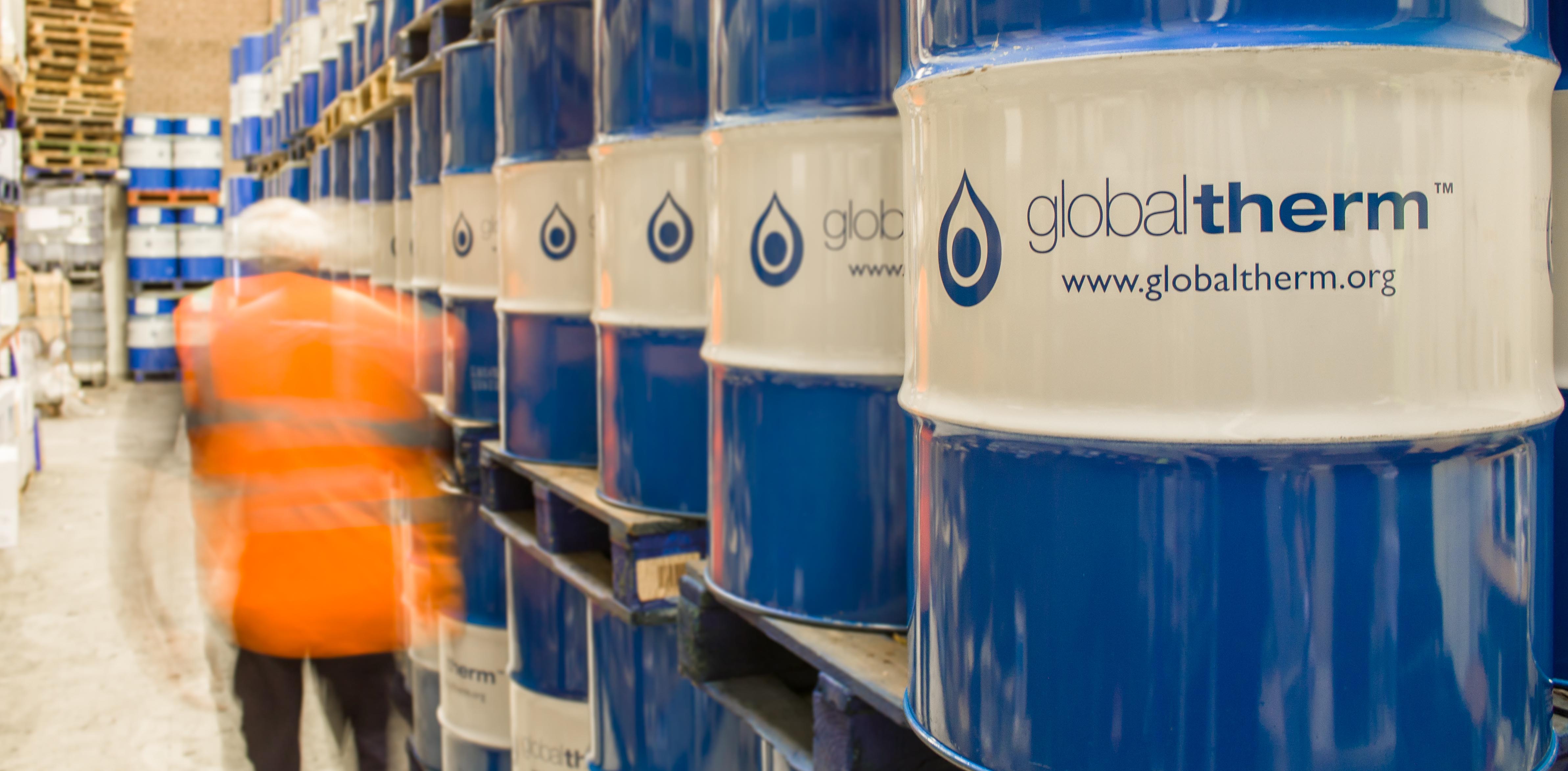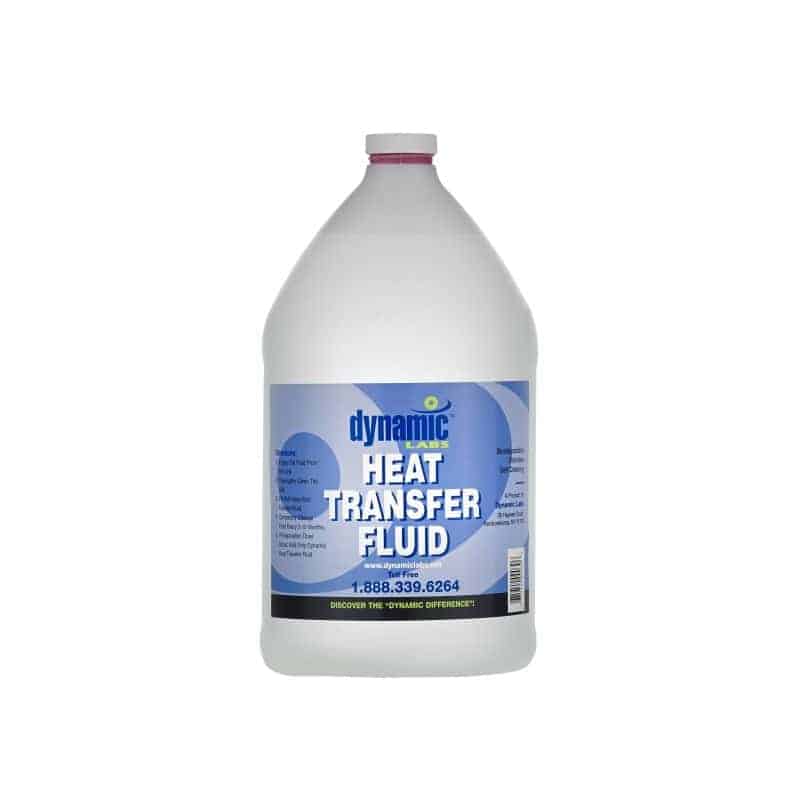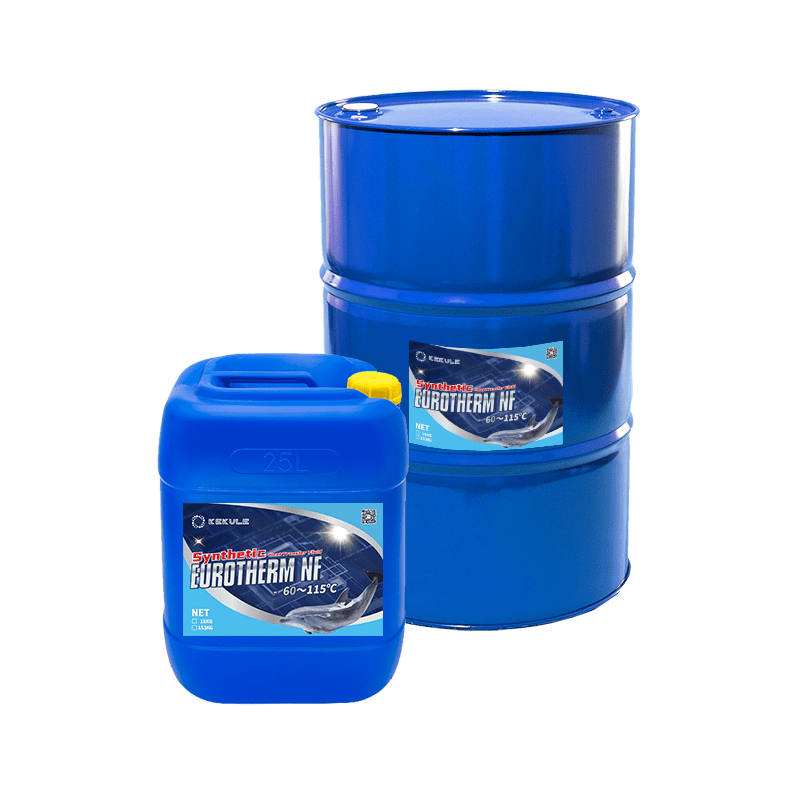Why Heat Transfer Fluid Is Very Important for Optimizing Power Transfer in Equipment
The duty of warmth transfer liquids in enhancing energy transfer is crucial for attaining effective thermal administration across different commercial industries. These fluids facilitate smooth warm exchange, guaranteeing processes operate within optimal temperature level varieties and mitigating the threat of getting too hot.

Duty in Thermal Management
Warm transfer fluids play an essential role in thermal management by successfully managing temperature levels in various industrial procedures and systems. These specialized liquids help with the transfer of heat in between various elements, ensuring optimum operating problems and protecting against overheating. By keeping exact temperature control, heat transfer liquids allow markets such as chemical manufacturing, oil and gas, and power generation to operate securely and effectively.
The selection of an ideal warm transfer fluid relies on several variables, consisting of thermal stability, warmth capability, and thickness. High thermal stability ensures that the liquid can hold up against severe temperatures without weakening, while a high warm ability enables it to soak up and release significant amounts of warmth - heat transfer fluid. Low thickness minimizes the power required for pumping, adding to general system performance
Additionally, warm transfer fluids are important in applications like refrigeration, where they help take in and dissipate heat during the cooling cycle. In solar thermal power systems, these fluids capture and transportation solar warm to generate power or offer warm water. Their adaptability to varied operating problems and ability to preserve regular thermal performance highlight their importance in industrial thermal administration, facilitating operational connection and boosting precaution.

Enhancing System Performance
To take full advantage of the advantages of thermal administration, boosting system efficiency via the critical use warm transfer liquids is critical. These liquids play a crucial duty in maximizing power transfer by promoting constant thermal law, which consequently influences the overall performance and durability of systems. Reliable warm transfer brings about minimized energy losses, lowered operational costs, and enhanced integrity of equipment. By keeping optimum temperature level degrees, warm transfer liquids aid ensure that systems operate within their created criteria, thereby avoiding getting too hot and lowering the threat of component failure.

Kinds of Warmth Transfer Liquids
The diversity of heat transfer fluids underscores their vital duty in a variety of industrial applications, each tailored to meet particular thermal administration demands. These fluids help with efficient power transfer and are selected based on key homes such as thermal stability, thickness, and warmth capability. The primary types consist of water, glycol remedies, oils, and synthetics, each offering unique advantages.
Water is the most typical heat transfer tool due to its high certain heat ability and low price. Mineral oils are favored for their thermal security and non-corrosive nature, making them suitable for high-temperature applications.

These liquids make certain premium efficiency in systems where traditional liquids may fall short. The option of a warmth transfer liquid is essential, as it affects system performance, security, and durability.
Environmental and Economic Advantages
Utilizing the best heat transfer liquids supplies significant environmental and economic advantages for commercial procedures. By selecting liquids with remarkable thermal stability and high heat ability, sectors can improve energy efficiency, leading to lowered fuel consumption and lower greenhouse gas discharges. This contributes to a smaller sized carbon impact and lines up with global sustainability objectives. Ecologically friendly warmth transfer fluids, typically biodegradable and safe, lessen the risk of dirt and water contamination in the event of leakages or spills, consequently securing communities and abiding by rigid environmental laws.
Financially, the ideal warmth transfer liquid can dramatically lower functional expenses. Fluids with extended lifecycle efficiency decrease over here the frequency of replacements and upkeep, lowering downtime and linked expenses. In general, the strategic usage of ideal warm transfer fluids sustains sustainable economic development and environmental stewardship.
Choosing the Right Liquid
Exactly how does one navigate the complex procedure of choosing the appropriate heat transfer liquid for industrial applications? Choosing the appropriate liquid is important, as it straight influences system performance, safety, and functional costs. Secret factors to consider include thermal security, compatibility with system materials, and operating temperature array. Thermal stability makes sure the fluid can stand up to heats without breaking down, while compatibility prevents rust or various other detrimental responses with system elements. The operating temperature variety should straighten with the system's needs to preserve efficiency and longevity - heat transfer fluid.
In addition, the liquid's heat ability and thickness are paramount. A high heat capability enables the fluid to take in and move even more energy, improving efficiency. Optimal viscosity makes sure very little pump job and efficient warm transfer, particularly in varying temperatures. Environmental and safety aspects need to additionally be component of the decision-making procedure. Safe, naturally degradable fluids decrease environmental influence and abide with governing criteria, reducing liability threats.
Verdict
The calculated choice and application of heat transfer liquids are essential to enhancing power transfer across various systems. By ensuring high thermal security and capability, these fluids my review here give exact temperature control and boost general system efficiency. This optimization adds to decreased functional expenses and reduced greenhouse gas exhausts, therefore advertising sustainability. The option of fluid, customized to certain thickness and operational demands, is crucial for making best use of performance and achieving financial and environmental advantages in commercial procedures.
Comments on “Recognizing the Duty of Heat Transfer Fluid in Efficient Power Solutions”